Physical Address
304 North Cardinal St.
Dorchester Center, MA 02124
Physical Address
304 North Cardinal St.
Dorchester Center, MA 02124

A microkernel is a minimalist operating system (OS) architecture where only the most essential system functions run in kernel mode, while everything else, including device drivers, file systems, and network stacks.

Each Linux distribution has its own package format and package management system. The most common package formats are .deb (for Debian-based systems) and .rpm (for Red Hat-based systems). This article covers how to install, remove, and manage local packages across different distributions.

This quick tutorial and cheat sheet will give you all the commands to install, remove and upgrade pages in most Linux distros, from Debian and Ubuntu to Red Hat, Fedora, CentOS, Arch and more.

Linux distributions rely on package management systems in order to install software. Popular examples include dpkg (Debian, Ubuntu), RPM (Red, Fedora and CentOS), Pacman (Arch), etc. This article will teach you the basics about Linux Package management.
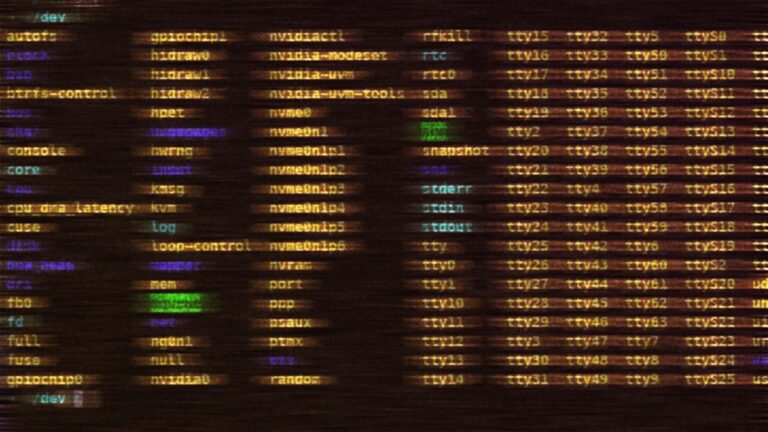
This article explores and explains the "everything is a file" philosophy and implementation, discussing its implications, practical examples, and the benefits it brings to the Linux and Unix ecosystems.
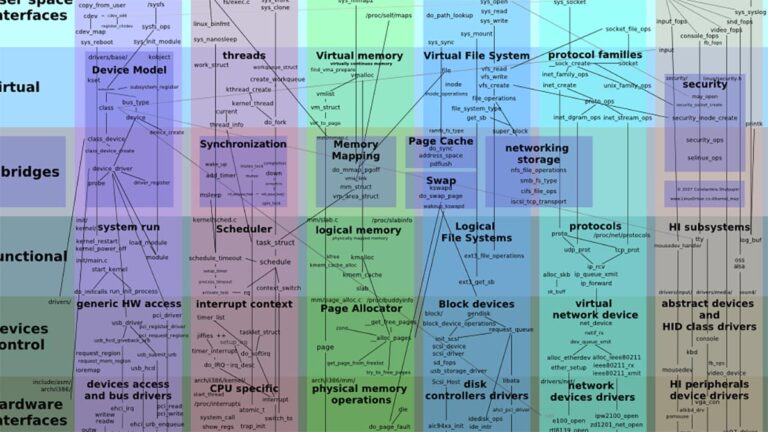
This article explores the technical architecture, features, and functionalities of the Linux kernel, highlighting its components and the mechanisms that make it a powerful and versatile piece of software.

From a personal hobby project to a cornerstone of modern computing, the Linux kernel's journey is a testament to the power of open-source collaboration and innovation. Its flexibility, performance, and community-driven development have ensured its relevance across decades.
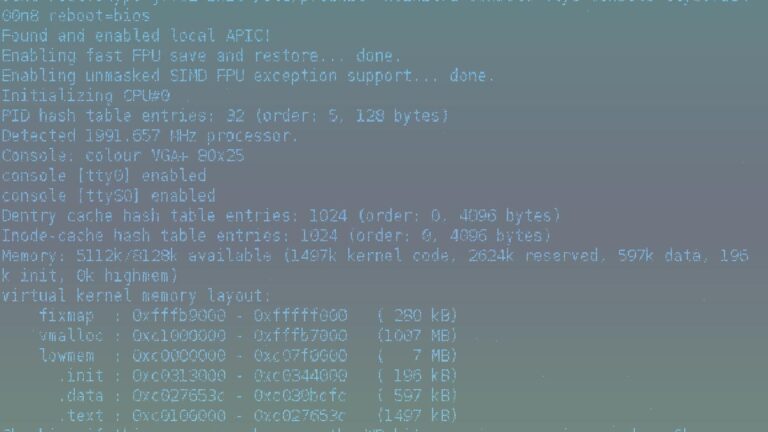
System V is the classic Linux init system, this article is a to-the-point guide and cheatsheet intended to help you quick access to all System V commands, directories and tools.
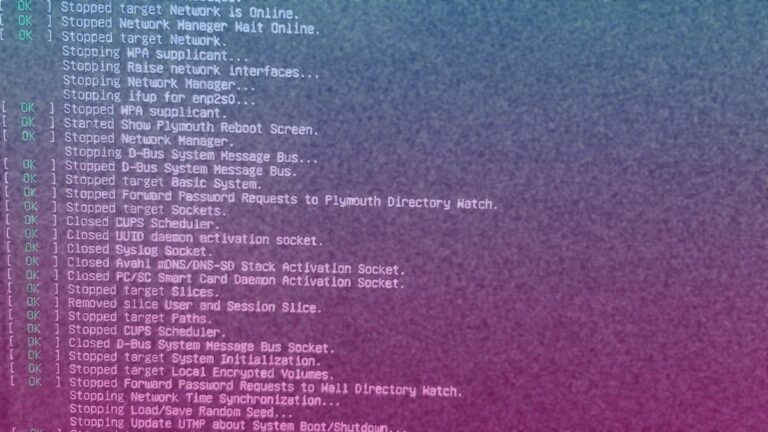
Systemd is currently the fastest growing Linux and widely adopted service manager and init system. This part guide, part cheatsheet will give you all the commands in a neatly organized fashion so you can master it and become a proficient Linux power user.
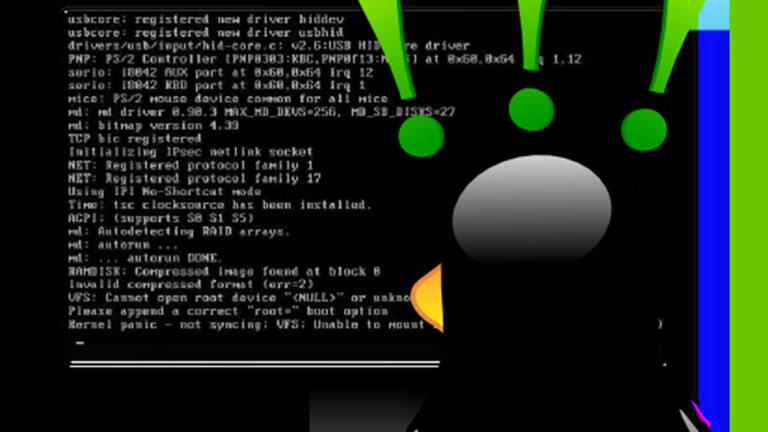
An init system (short for “initialization system”) is the parent of all userspace processes on a Unix-like operating system, from System V to systemd, the history and evolution of init systems.